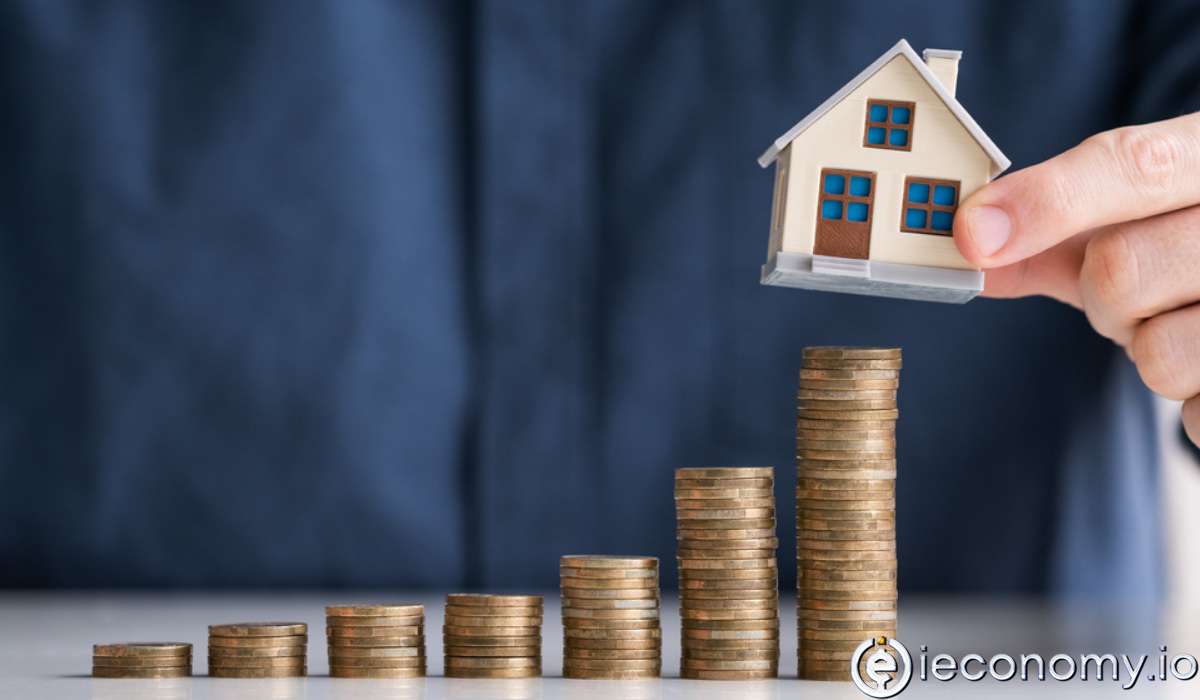3478
0
The assets of private households worldwide climbed to the record sum
According to Allianz, the gross financial assets of private households worldwide climbed to the record sum of 200 trillion euros.

Yazar: Tom Roberts
Yayınlanma: 7 Ekim 2021 23:11
Güncellenme: 2 Mart 2026 18:34
The assets of private households worldwide climbed to the record sum
The stock market boom and sluggish consumption made many people richer in the corona crisis year 2020. According to calculations by the insurer Allianz, the gross financial assets of private households worldwide climbed to the record sum of 200 trillion euros - an increase of 9.7 percent over the previous year. "While the economy is on the roller coaster, global financial wealth only knows one direction," said Allianz chief economist Ludovic Subran at the presentation of the wealth study. According to economists, there is no end in sight to asset growth: they are forecasting seven percent growth for the current year. However, the enormous sum is still anything but evenly distributed. The richest ten percent of the world's population - around 520 million people in the 57 countries examined - together own a good 84 percent of the total wealth, according to the information. And the one percent of the super-rich among them comes to almost 41 percent of the total - average financial assets minus debts: more than 1.2 million euros. According to Allianz experts, the pandemic is likely to exacerbate wealth inequality, both between rich and poor countries and within states. It is very likely that the corona crisis will weigh on economic growth in poorer countries for much longer than that of industrialized countries, said Patricia Pelayo Romero, co-author of the wealth study. Gradually closing the prosperity gap is no longer a sure-fire success. The main driver of the growth in gross financial assets in the past year was the - for the most part almost by necessity - increased savings. Because of the restrictions in the pandemic, many people were unable to spend their money as usual. A number of trips were canceled, and the temporary closure of restaurants and shops slowed consumption. As a result, the sum of fresh savings has climbed by almost 80 percent to the record value of 5.2 trillion euros within a year, according to Allianz. Funds that people simply left in their bank accounts almost tripled (up 187 percent).İLGİLİ HABERLER





European stocks soared and focus shifted to German retail sales after Powell's speech!

Forex Signal For TRY/USD: Inflation Slowdown in November.

Forex Signal For GBP/USD: Bullish Trend Still Not Breaking While Recovery Continues.

Forex Signal For EUR/USD: Starry US Data Points to Higher Fed Increases.

Forex Signal For BTC/USD: Downside Continues as Bitcoin Recovery Moves Less.
En Popüler Haberler
Yorum Yap
Yorumlar
Henüz yorum yapan yok! İlk yorumu siz yapın...